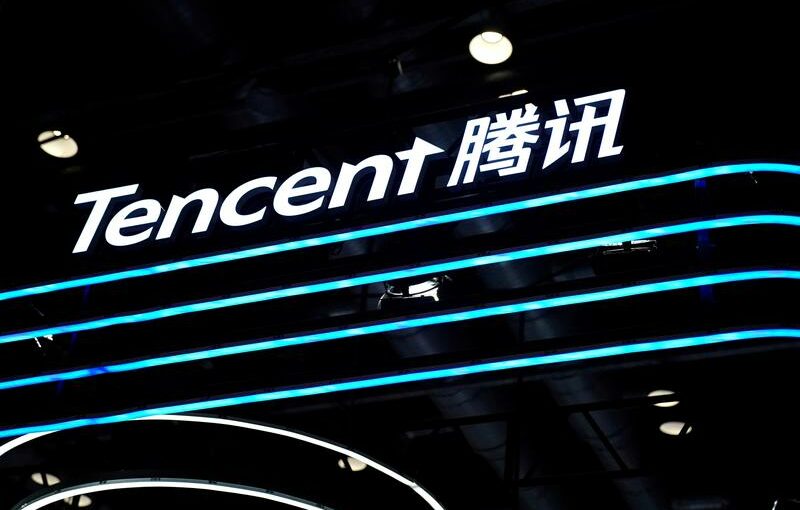SHANGHAI (Reuters) -Chinese gaming and related shares skidded on Thursday, dragged down by an ongoing regulatory squeeze that has engulfed industries ranging from online platforms and entertainment to for-profit tutoring and real estate.
In the latest blow to China’s online gaming sector, the South China Morning Post reported on Thursday afternoon that Beijing had temporarily suspended approvals of new games, further hitting shares in Tencent Holdings and NetEase.
The publication later corrected its story to say China had temporarily slowed down, rather than suspended, approval for new online games.
Shares in the two companies closed more than 8% and 11% lower respectively.
U.S. gaming stocks also were lower, with Activision Blizzard Inc down about 3% and Electronic Arts and Take-Two Interactive Software off roughly 1% each.
In Europe, France’s Ubisoft fell as much as 2.6% while Prosus, which holds nearly 29% of Tencent, fell about 5% in Amsterdam trading.
The SCMP said the strategy to slow down approvals emerged after a Wednesday meeting between Chinese authorities and gaming firms including Tencent Holdings and NetEase, said the report citing unnamed sources briefed on the matter.
The newspaper had initially said the decision to freeze video game approvals was revealed at the meeting.
Tencent declined to comment on gaming approvals while the National Press and Publication Administration, which is responsible for approving game titles, and NetEase did not immediately respond to a request for comment.
Stocks in listed gaming companies had already been battered earlier in the day after state news agency Xinhua reported on the same meeting.
Xinhua said the meeting aimed to ensure the companies implemented strict new rules to curb gaming addiction among minors, including a ban last month on under-18s playing video games for more than three hours a week. Its report did not mention the subject of gaming approvals.
Xinhua also said that companies were told to “resolutely curb incorrect tendencies such as focusing ‘only on money’ and ‘only on traffic’, and change rules and gameplay designs that induce players to indulge”.
Both Tencent and NetEase said earlier in the day they would comply with the regulators’ requests.
“The Chinese government is taking a very serious approach to online gaming and these reported restrictions are a step ahead on that program,” said Kingston Securities executive director Dickie Wong.
“I think these moves show for investors it is not a good idea to put their money in just one of the internet or technology companies on the mainland.”
Qi Wang, CEO of MegaTrust Investment (HK), said the regulatory pressure will likely last for years not months. “It’s still to early to tell which companies are better positioned to deal with the on-going regulatory scrutiny.”
For U.S. gaming companies Activision, Take-Two and EA, China represents less than 10% of revenue, said Eric Handler, media and entertainment analyst at MKM Partners.
“That being said, China being the largest market for video games is an important market and one companies are trying to expand into,” Handler said. “All of these companies do have games in the pipeline they would like to get approved, so this is a further slowdown in that process.”
‘METAVERSE’ WARNING
Global and domestic investors have been jolted by an ongoing regulatory squeeze that has sought to root out some of the perceived excesses of the runaway growth in some of China’s new economy sectors in recent years.
Separately on Thursday, Chinese state media cautioned investors against blindly buying Chinese stocks hoping to profit from the so-called “metaverse,” a shared space based on virtual technologies.
The commentary by the official Securities Times follows a recent surge in stocks such as Shenzhen Zhongqingbao Interaction Network and Perfect World that are perceived as developing the metaverse.
Shares in related stocks tumbled after the commentary was published, with Wondershare Technology falling by nearly 11% and Goertek down by almost 9%.
Other regulatory measures have included a crackdown on anticompetitive behaviour among online “platform” companies and seeking greater control of the vast stores of data generated by the industry.
The transport ministry also said on Wednesday it would intensify a crackdown on illegal behaviour in the ride-hailing industry and deal with online platforms that are still using non-compliant vehicles and drivers.
Source: Read Full Article
